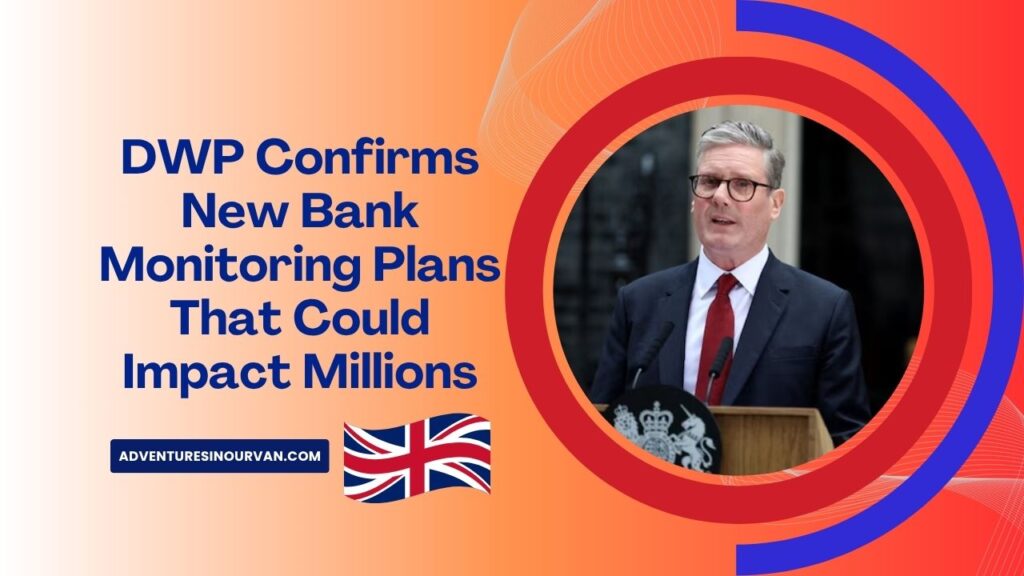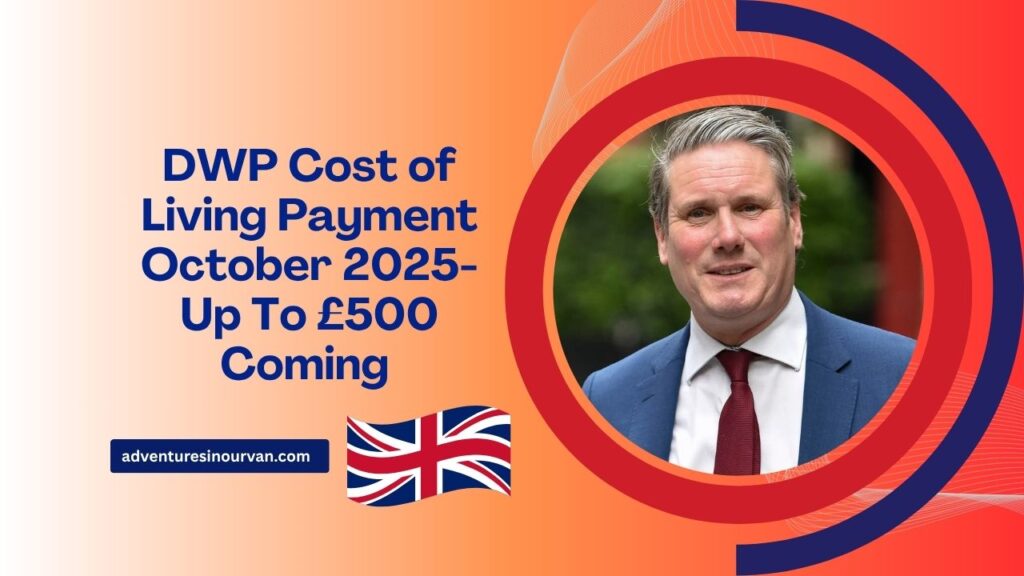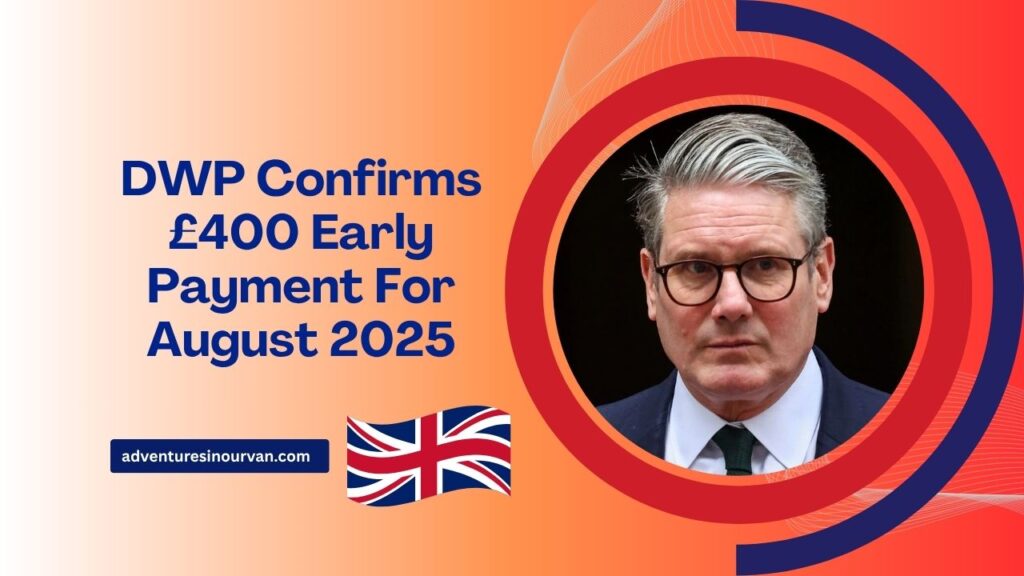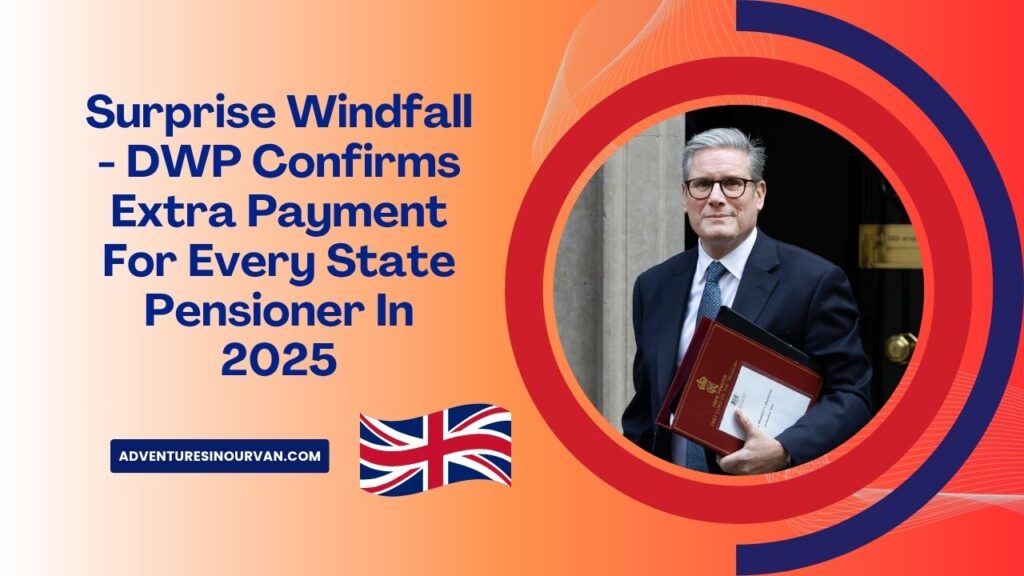The UK government has unveiled more details on its controversial DWP bank monitoring plans, part of the Fraud, Error and Debt Bill, which is expected to take effect in late 2025.
The Department for Work and Pensions (DWP) has confirmed that it will soon gain access to bank account data of benefit claimants as part of a sweeping effort to combat fraud and save billions in taxpayer money.
This article breaks down how these powers will work, who will be affected, and what it means for millions of people receiving government support.
What Are the New DWP Bank Monitoring Powers?
The Eligibility Verification Measure is the key mechanism that will empower the DWP to request financial information from banks and financial institutions. This means banks must provide the DWP with details including:
- Account holder’s name and date of birth
- Account number and sort code
- Savings balance
- Activity or transaction details that reflect eligibility for benefits
These checks aim to confirm whether someone receiving or applying for benefits such as Universal Credit meets financial eligibility requirements, especially the £16,000 savings cap.
Why Is the Government Introducing These Measures?
The Labour government says this is part of the “biggest fraud crackdown in a generation”. With over £1.5 billion in savings expected over five years, the plan aims to ensure public funds are distributed only to eligible individuals.
The policy is being introduced via the Fraud, Error and Debt Bill, currently under debate in the House of Lords. It reflects a phased rollout strategy, starting with a limited number of banks and expanding nationwide over 12 months.
Key Details of the DWP Bank Monitoring Scheme
| Feature | Details |
|---|---|
| Name of Policy | Eligibility Verification Measure |
| Applies to | Universal Credit and other DWP benefits |
| Key Data Collected | Name, DOB, Account Number, Savings, Transactions |
| Rollout Period | Phased, over 12 months starting late 2025 |
| Direct Deduction Orders (DDOs) | Estimated 5,000–20,000 annually |
| Expected Budget Impact | Save £1.5 billion over 5 years |
New Power: Direct Deduction Orders (DDOs)
In addition to monitoring accounts, the DWP will also be empowered to initiate Direct Deduction Orders, allowing it to withdraw funds directly from accounts or earnings of those found ineligible or owing money to the state.
This power is already used by HMRC and the Child Maintenance Service, but its expansion to DWP marks a significant step in automating enforcement against fraud.
Public Backlash and Privacy Concerns
Despite government assurances, privacy advocates and civil liberties organizations have raised serious concerns. Groups like Big Brother Watch argue that this move could set a dangerous precedent, leading to “mass financial surveillance.”
Critics fear this could disproportionately impact vulnerable individuals, including those with inconsistent income or poor financial literacy, who might be unfairly targeted.
The DWP’s 2025 plan to monitor bank accounts and issue Direct Deduction Orders represents a radical shift in how benefits are managed in the UK.
While the government sees it as a necessary step to reduce fraud and protect public funds, millions of claimants may face greater scrutiny and tighter eligibility checks. Understanding these changes is vital — especially for those receiving Universal Credit or other financial support.
Stay alert, maintain accurate financial records, and ensure your savings and income remain within thresholds to avoid disruptions or deductions.
FAQs
What is the DWP Eligibility Verification Measure?
It is a new legal power allowing the DWP to request personal and financial data from banks to verify benefit eligibility.
Who will be affected by the new DWP bank monitoring rules?
Anyone receiving DWP benefits such as Universal Credit may be subject to checks, especially if their savings exceed £16,000.
Can the DWP take money directly from my account?
Yes, through Direct Deduction Orders, the DWP can recover overpayments or debts directly from your bank or salary account.



